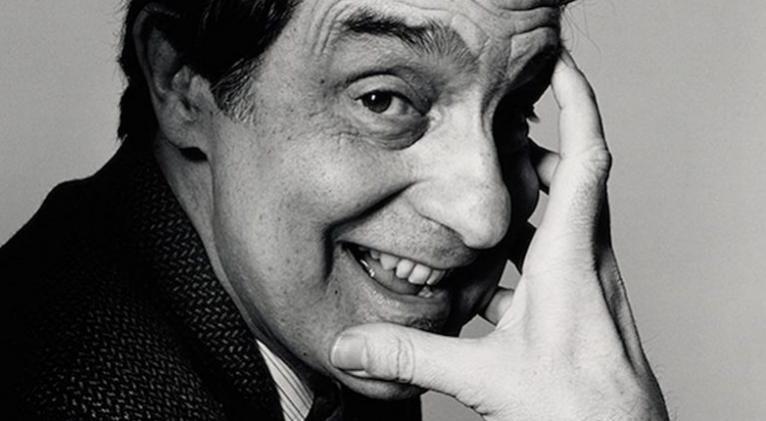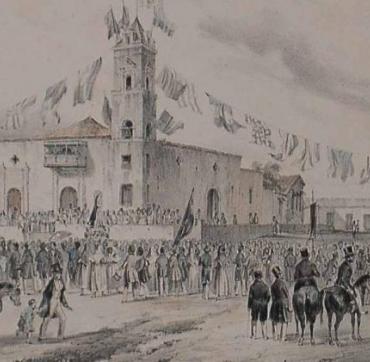Italo Calvino: one hundred years
especiales

One of the most interesting games in 20th century literature is the one proposed by Italian writer Italo Calvino in his novel Si una noche de invierno un viajero (Se una notte d'inverno un viaggiatore). Readers and writers, reality and fiction break boundaries in a suggestive framework, made of a high-quality lyrical spirit. These are some of the keys in the work of an author born in Cuba, one hundred years ago, who has been subject of numerous approaches from reviews, journalism, and literary research. And the most important thing: a storyteller with a lot of followers worldwide. At the time of his early death, at age 61, in Siena, he was the most translated contemporary writer in Italy.
Son of an agronomist with huge political record, and a pacifist botanist, Italo was born in Santiago de las Vegas, where his father conducted scientific experiments. His mother named him Italo so he would always remember his Italian roots. But it was not necessary, as the writer ended up living in Italy. From a determined social commitment, he was involved in the turbulent transformation of his nation, before and after WWII. A convinced anti-fascist, he joined the Partisan Brigades during the war conflict.
Right in the second half of the 1940s, he began to gain recognition as a writer. His journey began with the neorealism of his first books, portraying the fantastic expression of later novels and collections of short stories, to the avant-garde vision of his essays from the 1960s. Although he always preserved an aesthetic and ideological independence, which explained specific breaks with conceptual lines of certain literary groups with which he was related to.
Cuba, a country with which he never broke ties, has paid homage to the great Italian writer with a day of book presentation, colloquiums about his work and his literary contests. A fascinating storyteller, Italo Calvino continues to surprise contemporary readers with his playful way of laying bare the mechanisms of creation in exquisite stylistic exercises. Let’s hope that the actions for his centenary translate into new and enthusiastic approaches to his immense work.
Translated by Sergio A. Paneque Díaz / CubaSí Translation Staff














Add new comment